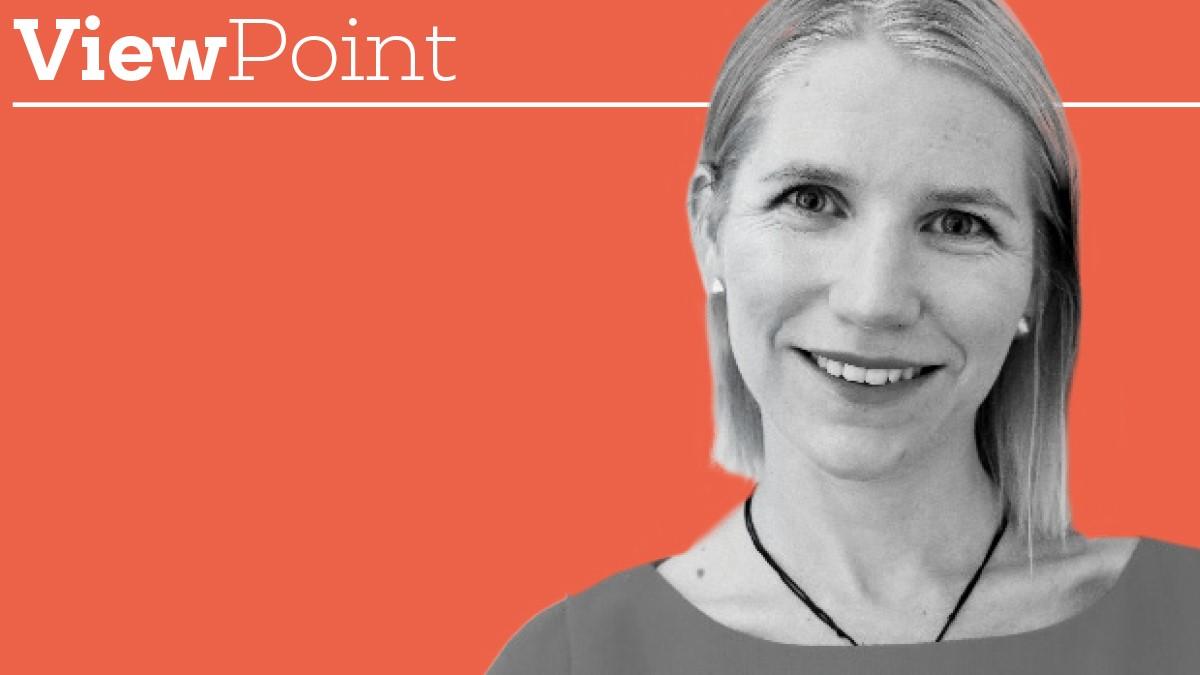Hannah Morley, who established and chairs a FCP peer network, talks about their benefits and how to get involved

There is the potential for first contact practitioners (FCPs) to become professionally isolated and distanced from the integrated working of the wider health system.
As clinicians we need colleagues to share our difficulties with, challenge each other, and develop our services and clinical practice through discussion and collegiate support.
I have been in a FCP role since 2017 working in a NHS trust where my role was hosted by a local primary care network and then as a FCP service lead in a PCN. I also chair a monthly FCP peer network in the south west.
I would definitely recommend clinicians becoming involved in a local peer network whether through their organisation, their team or independently.
I started our peer network by reaching out to people I already knew who worked in my region and were in similar roles and models of working.
I drew a stakeholder map and thought about who could be an ally and support what I had in mind. I also reached out to other colleagues developing similar networks.
At our first network meeting we discussed the purpose of the group, set a terms of reference and decided how often we wanted to meet.
We wanted to support each other in the development of our services, especially around governance, supervision and training. And we wanted a place to talk about cases in order to learn from each other’s expertise. To achieve this, we needed to keep the group fairly small so we limited our membership numbers to keep the group focused.
We also secured some financial support from the local primary care training hub which we report to quarterly. And have a secretary, journal club and an annual calendar of events.
To set up your own network, look at the CSP FCP peer network webpages and contact your local CSP campaign regional engagement officer.
Number of subscribers: 1
